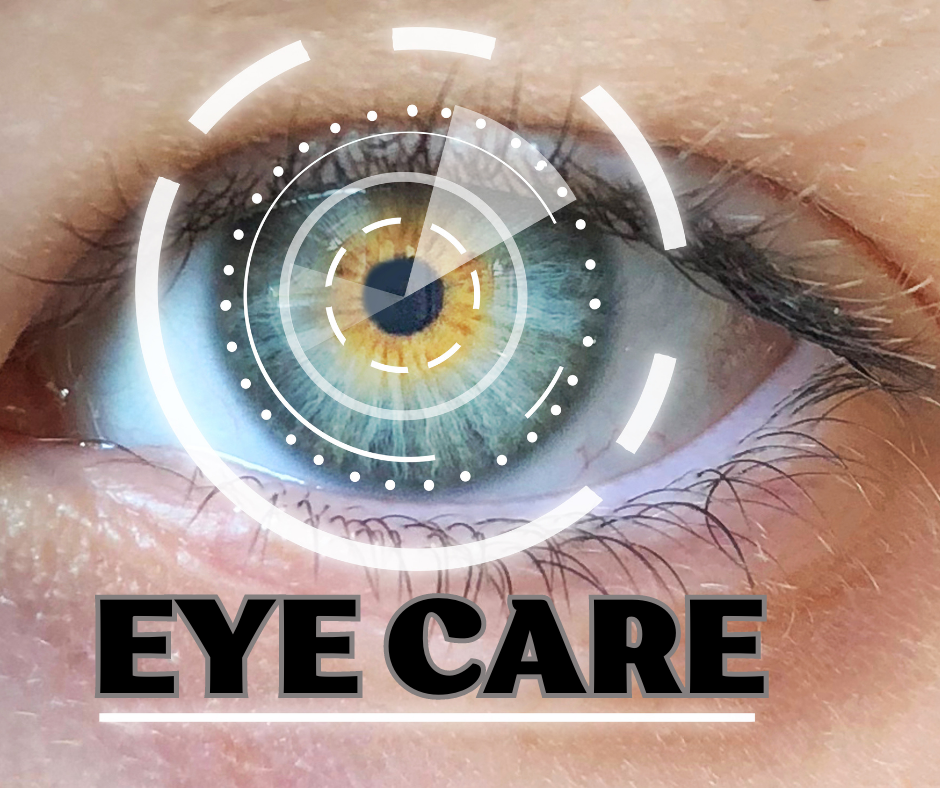Your eyes are complex organs that need many different vitamins and nutrients to function properly. Many vitamins and nutrients help support your eye function.
Here are 9 key vitamins and nutrients that help maintain eye health.
Vitamin A, E, C, Vitamins B6, B9, and B12, Riboflavin, Niacin, Lutein and Zeaxanthin, Omega-3 fatty acid, Thiamine

Vitamin A plays a crucial role in vision by maintaining a clear cornea, which is the outside covering of your eye.
This vitamin is also a component of rhodopsin, a protein in your eyes that allows you to see in low light conditions.
Xerophthalmia is a progressive eye disease that begins with night blindness. If vitamin A deficiency continues, your tear ducts and eyes can dry out. Eventually, your cornea softens, resulting in irreversible blindness.
Vitamin E is a potent antioxidant that helps protect your cells — including your eye cells — from damage by free radicals, which are harmful, unstable molecules.
Additionally, some research implies that diets rich in vitamin E may help prevent cataracts brought on by aging. More research is necessary, though, as other studies have shown no connection between this illness and vitamin E.
Vitamin C is a powerful antioxidant that may protect your eyes against damaging free radicals. In addition, vitamin C is required to make collagen, a protein that provides structure to your eye, particularly in the cornea and sclera.
Vitamins B6, B9, and B12. These vitamins B6, B9, and B12, have been examined for their effects on eye health by researchers. Homocysteine, a protein in your body that may be linked to inflammation and an elevated risk of developing AMD, can be reduced by this vitamin combination.
Riboflavin, an antioxidant, may lessen oxidative stress in your body, especially your eyes. Health professionals advise ingesting 1.1–1.3 milligrams of riboflavin daily. Given that so many meals are rich in riboflavin, obtaining this quantity is typically simple. Oats, milk, yogurt, meat, and fortified cereals are a few examples.
Niacin (vitamin B3) helps your body turn food into energy as its primary purpose. It also has antioxidant properties. Recent research has raised the possibility that niacin may help prevent glaucoma, a disorder that damages the eye’s optic nerve.
Lutein and Zeaxanthin can be found in the macula and retina of your eyes, where they help filter potentially harmful blue light, protecting your eyes from damage. Beneficial plant chemicals like lutein and zeaxanthin may be able to fend off AMD and cataracts. Although no suggested daily requirements exist, a diet rich in fruits and vegetables can supply a lot of these elements.
Omega-3 fatty acids are a type of polyunsaturated fats. Docosahexaenoic acid (DHA), a specific form of omega-3, is found in high concentration in the cell membranes of your retina. Omega-3 fatty acids have anti-inflammatory qualities that may help prevent diabetic retinopathy in addition to aiding in the development of eye cells.
Thiamine, or vitamin B1, plays a role in proper cell function and converting food into energy. It’s possibly effective at reducing the risk of cataracts.
Supplements may be beneficial if you suspect you’re missing any of these vitamins in your diet.
However, eating a nutrient-dense diet rich in fruits, vegetables, whole grains, protein, and healthy fats will provide you with all the nutrients your eyes — and the rest of your body — need for optimal health.

